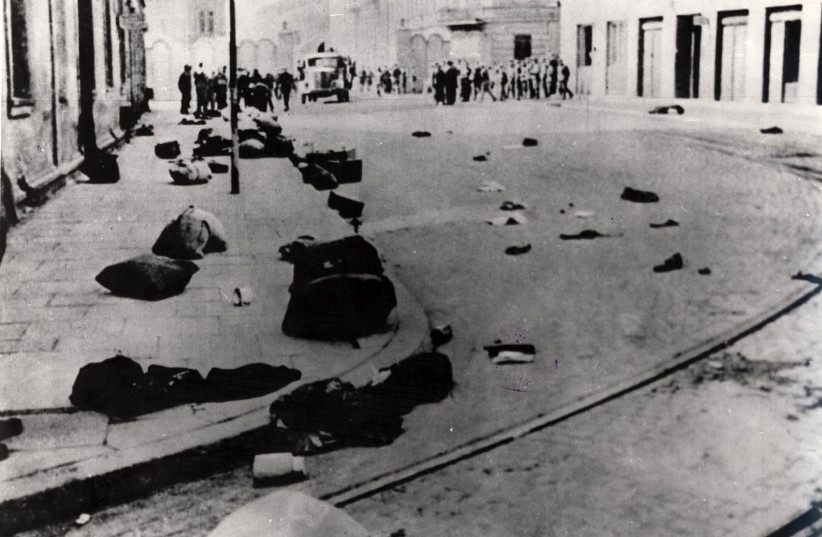Holocaust survivor and writer Zofia Posmysz, whose experience reached the opera stage, died at 98 years of age last Monday, August 8, in Oswiecim, Poland. She was imprisoned in concentration camps for associating herself with the Polish resistance to Nazi occupation in WWII.
Posmysz became known for her works on the Holocaust as a journalist, novelist, playwright and screenwriter. Her death was announced by the Auschwitz-Birkenau Memorial and Museum.
Who was Zofia Posmysz?
Posmysz (pronounced POH-smish) was born on August 23, 1923, to a Roman Catholic family in Krakow, Poland. She was arrested in May 1942 by the Gestapo when she got caught associating with an underground university that was passing out anti-Nazi leaflets.
"I fear that over time, it will become easier to distort history."
Zofia Posmysz

She survived Auschwitz and was later assigned to work in the camp's kitchen and stockroom. In January 1945, she was transferred to the Ravensbruk concentration camp and its offshoot Neustadt Glewe, where she was finally liberated on May 2.
After liberation, she walked with 20 other women at least 275 kilometers (170 miles) back to Krakow and lived in Warsaw, close to where her older sister was.
What did she do after liberation?
Posmysz was hired as a newspaper reporter and editor, which kick-started her writing career. Instead of using a byline for her first article, an account of the war crimes trial in Nuremberg, Germany, she used her identification number at Auschwitz: 7566.
She began writing for Polish radio in the early 1950s. While she was on a work trip to Paris in 1959, she walked in the Place de la Concorde with tourists, some of them speaking German. She felt terrified when she heard a voice similar to the voice of her overseer in Auschwitz.
"Suddenly, someone appeared behind me. It was the voice of my overseer. All this time she's been living a peaceful life in Paris," she recounted on "Stories from the Eastern West," a Polish podcast.
She realized soon afterward that the woman she heard was not her former guard. She recalled that moment as one that stuck with her.
This experience led her to write her best-known work, "The Passenger in Cabin 45" later titled "The Passenger," released in 1959 as a radio play and then published as a novel in 1962 that was translated into 15 languages. After the book's success, she was invited to collaborate with Andrezj Munk on writing a script for an opera based on the book.
The score for The Passenger was composed by Mieczyslaw Weinberg, a Polish Jew who had lost his parents and a sister in the Holocaust.
The opera premiered at an Austrian music festival in 2010 and was performed by the Houston Grand Opera at the Park Avenue Armory in Manhattan in 2014 as part of the Lincoln Center Festival, according to The New York Times. Posmysz was in the audience and received a standing ovation when she was introduced.
She was also among former Auschwitz prisoners who welcomed German-born Pope Benedict XVI when he visited in 2006.
After Russian President Vladimir Putin verbally attacked Polish leaders in 2020, Posmysz spoke to the Times, saying: "I fear that over time, it will become easier to distort history. I can never say it will never happen again because when you look at some leaders of today, those dangerous ambitions, pride and sense of being better than others are still in play. Who knows where they can lead?"
